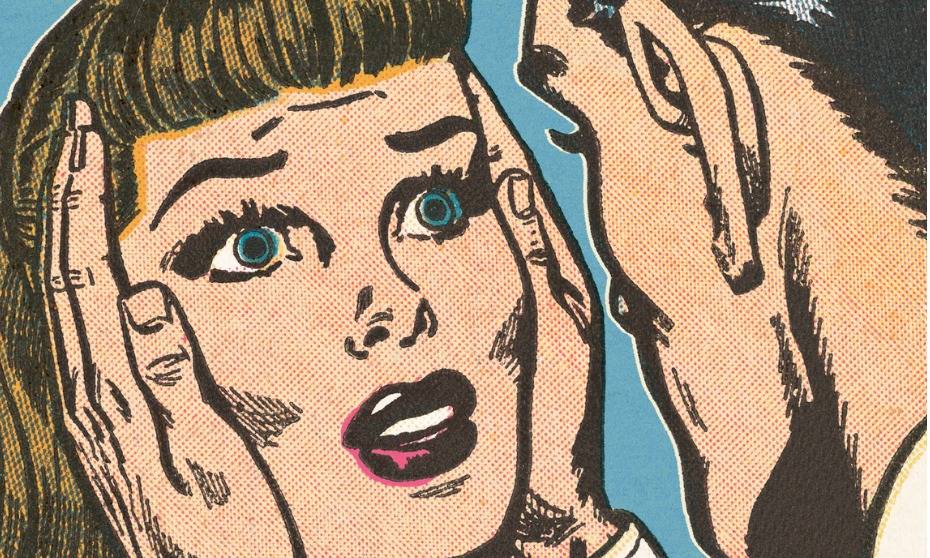
One employee was caught taking a sponge bath in the bathroom sink

There are so many stimulants in the workplace that it’s easy to see how employees get side-tracked, according to Rosemary Haefner, former chief human resources officer at CareerBuilder.
Haefner said the good news is taking breaks from work throughout the day can be very good for productivity, enabling the mind to take a break from the job at hand and re-energize.
The trick is finding the right activities that promote – rather than deplete – energy.
Haefner’s advice is to give yourself permission to take a break and that is best done by setting a definite ending time.
“Not only will you have something to look forward to after you’ve worked hard, you will also know when it’s time to get back to work.”
She added that it’s also wise to surround yourself with productive people.
“Much like laughter, productivity can be infectious. Watching how others make themselves productive can inspire us to act similarly.”
Haefner also advises staff to make themselves accountable to their social network.
“Can’t seem to motivate yourself to finish or start a big project? Post on your Facebook wall that you will do it,” she added.
“Making yourself publicly accountable will make you more likely to actually do something.
“Can’t seem to concentrate? Go for a 10- or 20-minute walk. Research shows that a few minutes of light exercise can rejuvenate the brain and lead to sharper cognitive function.”
So what are the productivity killers that employers and employees should be mindful of?
In a survey from CareerBuilder, employers discussed common drains on productivity, as well as the weirdest things they caught employees doing while on the clock.
The national survey from US was conducted online by Harris Poll on behalf of CareerBuilder and included a representative sample of 2,175 hiring and human resource managers across industries and company sizes.
READ MORE: Relaxation programs improve productivity
When asked to name the biggest productivity killers in the workplace, employers cited the following:
Moreover, employers were asked to reveal the most unusual or most memorable things they have found an employee doing when they should have been working.
Some of the more memorable answers were: